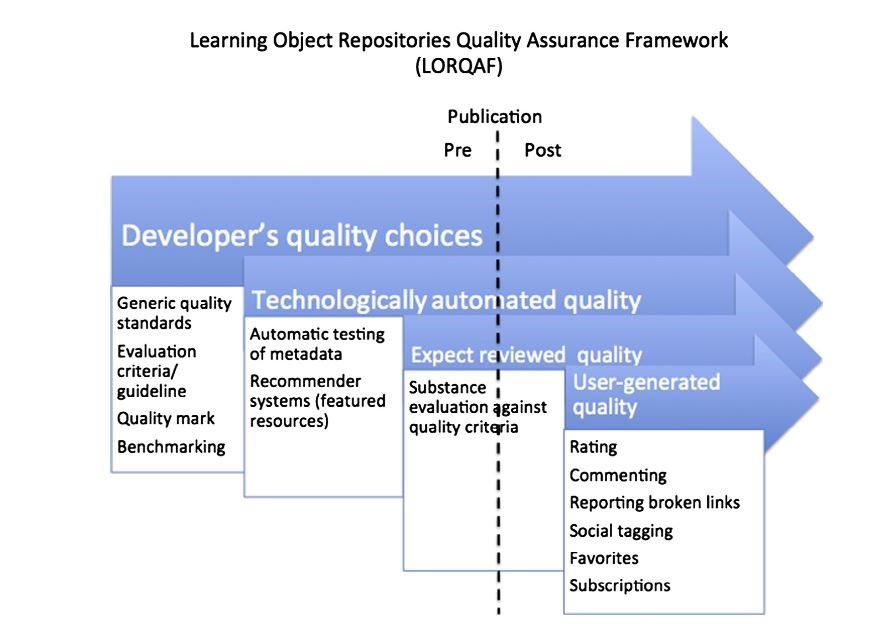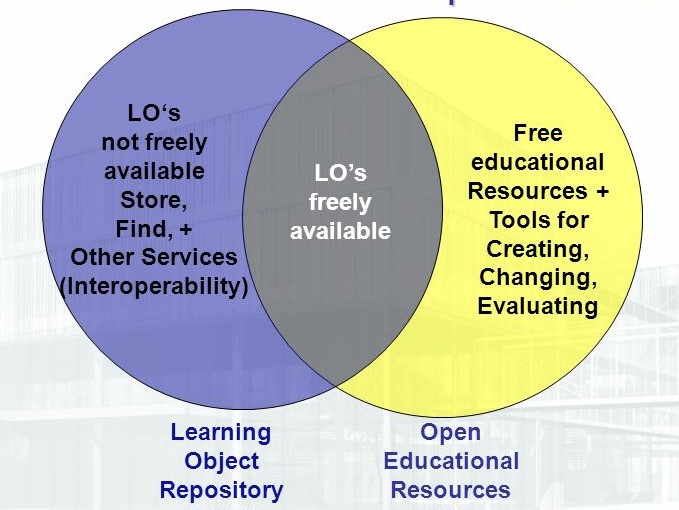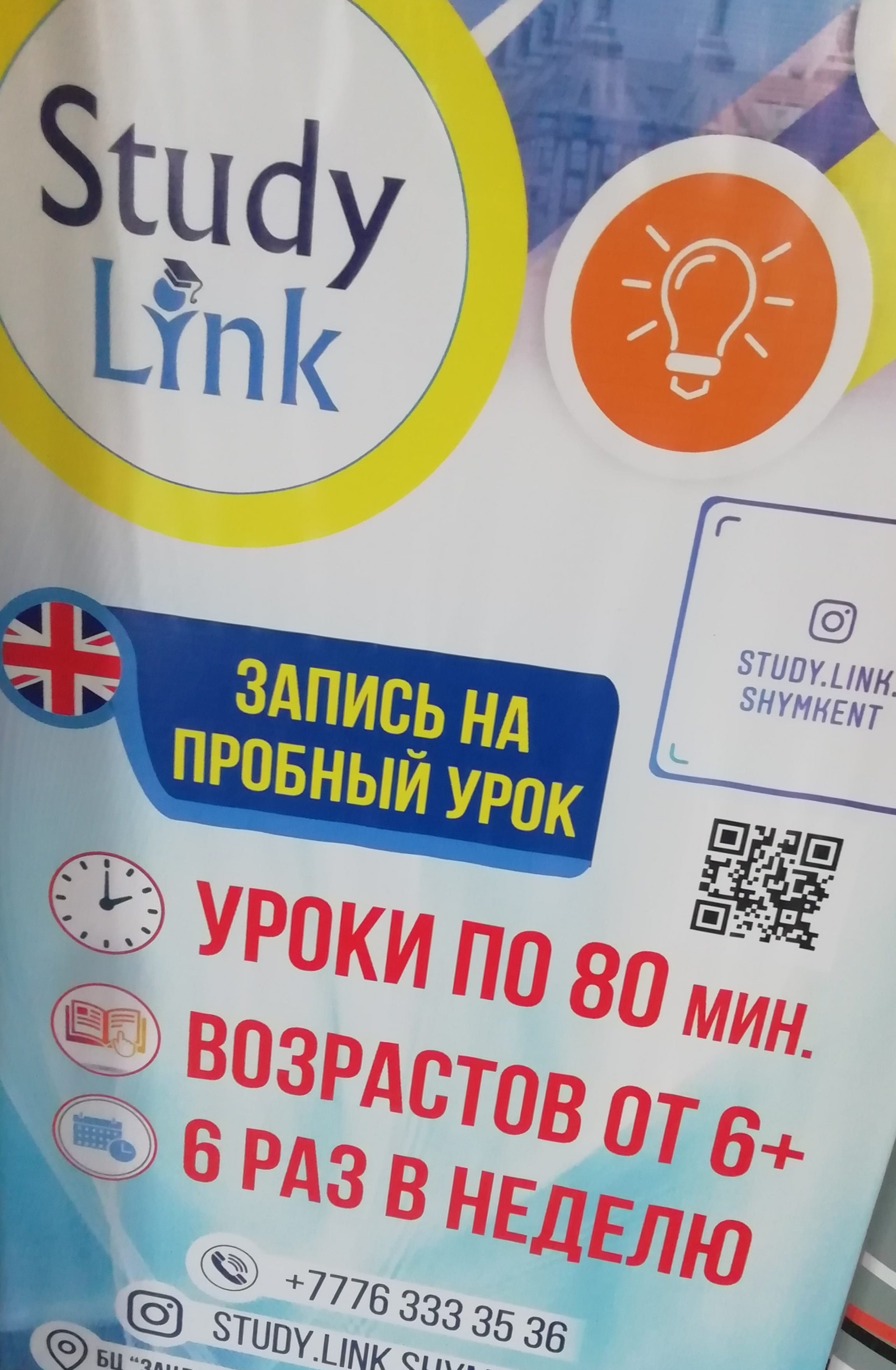Image: Baumgartner, P. (2016) ‘Economic Aspects of OER’
Open educational resources repositories: Towards a comprehensive quality approaches framework’
The following is a summary based on direct quotes from the title article by Clements et al. (2015). The purpose is to provide a context for the design of our learning object repository (LOR) website that we are designing as a team of students on the Masters in Online and Distance Education (Open University). Find our under construction website and more of my team's article summaries among the 'preliminary research' pages here: Higher Education Open Education Resources.
'OER are commonly stored... within Learning object repositories (LORs), which have recently started expanding their design to support collaborative teaching and learning. ...many LORs struggle to find sustainable business models and get the users’ attention. Previous studies have shown that Quality assurance ....is a significant factor (in) the success of the repository (Clements et al. p. 1098, 2015). This opening statement could be confusing for anyone who has learned to distinguish between OER and LO - learning objects (there is no need for any fundamental distinction). For example, the Centre for Innovation in Teaching & Learning (CITL) describe the distinction as being that OER typically undergo the 4Rs of revise, remix, reuse and redistribute, whilst learning objects are often just repurposed and redistributed. So whether our site will finally be categorised as an OER repository or LO repository, the implications of the article's conclusions are similar. Please note, the article title is paraphrased above. Its analysis and conclusions are drawn from a literature review of related sources.
Origins (history, key figures)
The authors claim to have
'systematically analysed technology enhanced learning literature regarding
LORs’ quality approaches and specific collaborative instruments.' The outcome
is claimed to represent a comprehensive framework of LOR quality assurance
framework (LORQAF) 'that will 'assist LOR developers in designing
sustainable quality assurance approaches utilizing full the potential of
collaborative quality assurance tools' (Clements et al. p. 1098,
2015).
Key ideas, concepts, and principles
OER enable forms of collaborative
learning (Dillenbourg, 1999) and LORs of today can be considered as computer
supported collaborative learning (CSCL) environments as they provide users
tools for posting knowledge productions into a shared working space and
providing tools for progressive discourse interaction between the users
(Scardamalia & Bereiter,1994). Adding social and collaborative
features has been a recenttrend of LORs to facilitate wider user engagement
(Monge,Ovelar, & Azpeitia, 2008;
Sánchez-Alonso, Sicilia, García-Barriocanal, Pagés-Arévalo, &
Lezcano, 2011). However, repositories are not used up to their full potential
(Dichev & Dicheva, 2012; Mitchell & Lutters, 2006; Ochoa & Duval,
2009) because of deficiencies in quality control, assurance and evaluation
(Downes, 2007; Palavitsinis, Manouselis, &Sánchez-Alonso,
2013). Therefore, it is vital to study LORs quality approaches
(Clements, Pawlowski, & Manouselis, 2014).
The study investigated quality approaches for LORs with a systematic literature review (Kitchenham (2004) in order to understand the holistic phenomenon of quality assurance and to form a quality approaches framework which LOR developers can consider when designing or improving repositories.
The following classification was used as the starting theoretical framework:
Learning object repositories
quality approaches have previously been classified as (Pawlowski &
Clements, 2010):
1. The Generic Approach of Quality standards
(e.g. ISO 9000 standards) (Stracke, 2009), European
Foundation for Quality Management Excellence (European Foundation
for Quality Management, 2014).
2. Specific Quality Approaches (e.g. Content development criteria
or competency requirements) (Leacock & Nesbit, 2007).
3. Specific Quality Instruments (e.g.
user-generated collaborative quality approaches such as rating (Nesbit, Belfer,
& Vargo,2002), peer review (Neven & Duval, 2002) or recommender
systems.

Fig. 1 Learning object repositories quality assurance
framework (Clements et al. 2015, p. 1102).
Implications
Repositories are in fact
collaborative tools. Social interaction is considered to be the dominant
factor affecting the success of collaboration. Quality control must logically
involve knowing what the audience expects and working with them to deliver.
Quality assurance must involve using specific instruments.
Therefore, the design and
delivery/publication process must involve (e.g.) ‘peer-reviewing’ and
‘recommendation systems’.
Developers have to go deeper than
rating systems to understand the dynamic behind OER use and repository
'popularity' - what works on E-bay might not work in the field of education.
Therefore, a mixed approach to
assuring quality is recommended including expert review to evaluate the substance of the resources in the repository alongside user-generated
collaborative quality instruments such as peer reviews, comments, and rankings.
Both are needed to build the community.
References
Baumgartner, P. (2016) ‘Economic Aspects of OER’ [Online]. Available at:
https://slideplayer.com/slide/6599837/ (accessed 02 June 2020).



